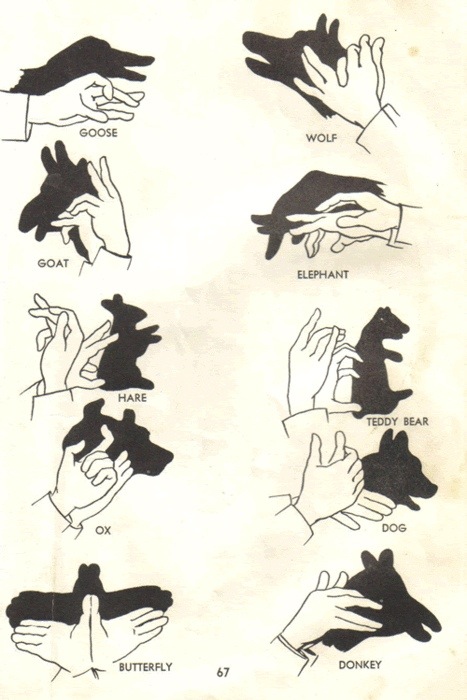“It is wisdom to take occasional furlough. In the long run, we shall do more by sometimes doing less. On, on, on for ever, without recreation may suit spirits emancipated from this ‘heavy clay,’ but while we are in this tabernacle, we must every now and then cry halt, and serve the Lord by holy inaction and consecrated leisure. Let no tender conscience doubt the lawfulness of going out of harness for a while.” —Charles Spurgeon, Lectures to My Students, 161.

Thus the need for constant renewal. For most of my adult life I’ve battled against burning out, in part because my inner-desire to work hard (a healthy drive and work ethic) often meets the insurmountable mountain of tasks and people clamoring for time and energy. (I work with people, systems, and ideas — all three are breaking on some level, and as a natural control freak I tend to think it’s my ‘job’ to fix all of it.)
Having much to do is a good problem to have, but one’s aspirations for productivity must be thoughtfully and carefully managed. In recent years Kari and I began intentionally establishing more and more healthy boundaries, adapting them over time to fit the various seasons of ministry. With each season of faithfulness, more perseverance has been required of us, leading to a renewed need to collectively rejuvenate on an ongoing basis.
We’ve become more and more proactive in carving out the good life, which involves less overcommitment (responding to every ‘need’) and more sensing God’s call to serve out of His resources.
Let’s become wise and recognize the limitations of our own bodies and souls. We are nobody’s saviors. And even Jesus, The Savior, needed time to rest and renew while on earth. Yet, even our rest is not about merely resting.
The following infographic summaries six simple ways to avoid burnout. We personally incorporate all six into our rhythm of life. Scroll down to see all six effective ways:
Continue reading


 Are you really busy?
Are you really busy? 1 What shall we say then? Are we to continue in sin that grace may abound? 2 By no means! How can we who died to sin still live in it? 3Do you not know that all of us who have been baptized into Christ Jesus were baptized into his death? 4 We were buried therefore with him by baptism into death, in order that, just as Christ was raised from the dead by the glory of the Father, we too might walk in newness of life.
1 What shall we say then? Are we to continue in sin that grace may abound? 2 By no means! How can we who died to sin still live in it? 3Do you not know that all of us who have been baptized into Christ Jesus were baptized into his death? 4 We were buried therefore with him by baptism into death, in order that, just as Christ was raised from the dead by the glory of the Father, we too might walk in newness of life.





 Perhaps you’ve heard of the Seven Deadly Sins:
Perhaps you’ve heard of the Seven Deadly Sins: By staring at the one who never gave up, who was joyfully obedient to God His Father until the very end. And then follow in His steps.
By staring at the one who never gave up, who was joyfully obedient to God His Father until the very end. And then follow in His steps. Of course, those are not exactly the groups to which the Gospel writers made their arguments, but a simple way to approach which one to start with, based on how you’re wired.
Of course, those are not exactly the groups to which the Gospel writers made their arguments, but a simple way to approach which one to start with, based on how you’re wired.